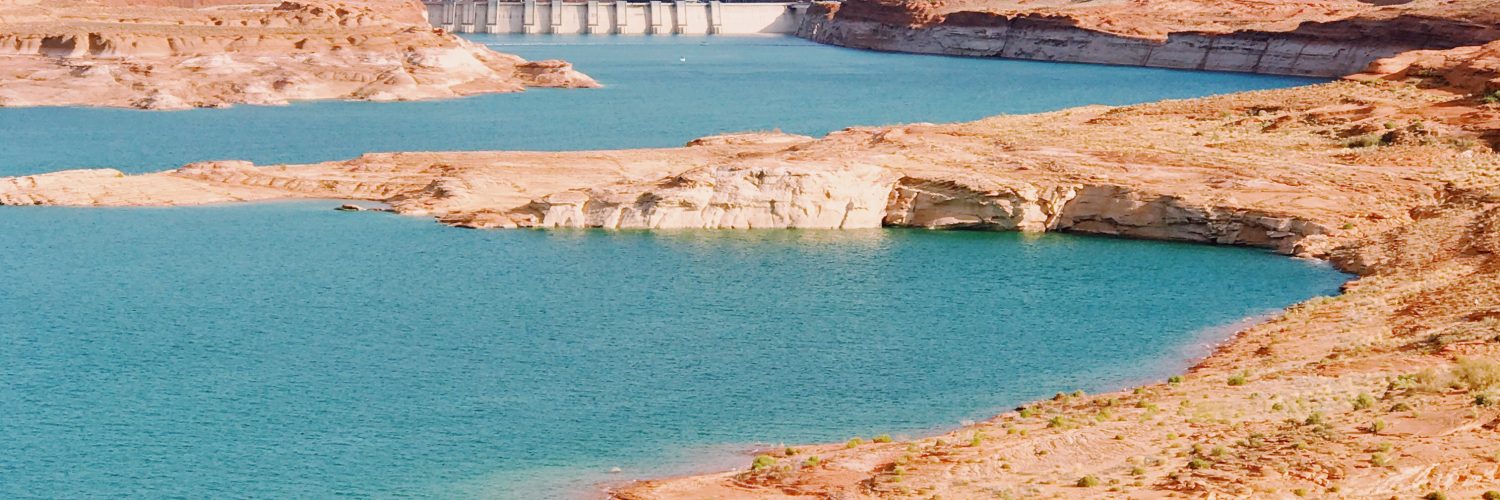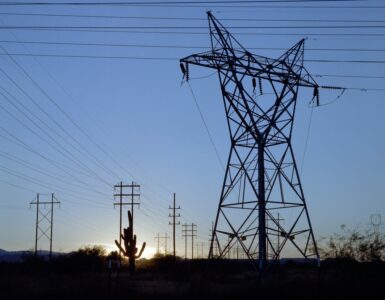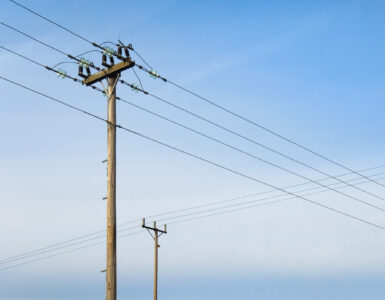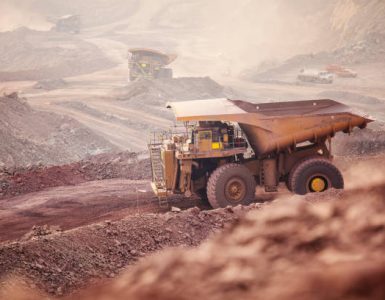The ink is barely dry on a historic seven-state pact approved by Congress to conserve Colorado River water supplies to sustain the Southwest through the next seven years.
Now, Governor Doug Ducey and a new statewide council are churning forward on the next monumental task: staving off water shortages for decades to come.
Almost all of the members on the newly appointed Governor’s Water Augmentation, Innovation and Conservation Council are well versed in water negotiations. The panel is almost a carbon copy of the statewide steering committee that successfully brokered Arizona’s in-state negotiations, paving the way for Congress to pass the multi-state agreement last month, the Colorado River Drought Contingency Plan (DCP) Authorization Act. Under the DCP, states and water users within them are legally bound to store and conserve water to protect future supplies.
But the DCP is just a short-term plan. To come up with long-term solutions for Arizona, Gov. Ducey issued an executive order earlier this year to create the water planning council.
“We aren’t going to wait 40 years to begin the process for Arizona’s next big step to secure our water future,” Ducey said upon signing the order. “We’re going to continue building upon the great work we have done this year so Arizona remains a leader in water management and conservation.”
Competing water interests back at the table
Once again, a large panel of competing water interests – cities, tribes, homebuilders, farmers, non-profits, government officials, lawmakers, water districts – are back at the table to find ways to work together to build the water supply for future generations.
For Arizona and other states in the Southwest, water supplies must be able to sustain one of the fasting growing regions in the country. Arizona is the fourth fastest growing state. Maricopa County is the fastest growing county.
The 42-member council’s directives are to explore innovation, conservation and water replacement strategies. Here are some of the issues committee members will be tackling:
Long term water replenishment The replacement of natural water supplies like groundwater will be a key goal. As users move away from Colorado River supplies, groundwater supplies must be managed and protected. Cities and other entities are also planning investment in infrastructure and technology to better store and replenish groundwater. Unrestricted groundwater pumping also is a concern.
Recycled water Arizona already is a leader in the use of recycled water, including reclaimed water and gray water. Since Arizona adopted new recycled water rules in 2001, the state has experienced an expansion in the reuse of treated wastewater, including new research, technology and proposed uses of recycled water. Expect more innovations in this arena.
Desalination Arizona water officials are exploring a number of options for desalination. Once considered too expensive, technology is becoming more affordable. Pinpointing the best locations for building desalination plants is one goal to pull groundwater that has a higher level of salt than freshwater, called brackish water. Arizona has plenty of it all over the state with an estimated 600 million acre feet. The state also is working with Mexico and the U.S. government to study and possibly develop a desalination plant in the Sea of Cortez about 50 miles from the Arizona border.
Watershed protection Wildfires and drought wreak havoc on watershed. Expansion of forest thinning and reforestation projects like the Four Forest Restoration Initiative and other projects can prevent fires, conserve water and stimulate the economy.
Funding will also be a major topic as new innovation and technology come into play.
At the first council meeting, Chairman Tom Buschatzke, director of the Arizona Department of Water Resources, stated that there will be an additional $2 million in grant funding to assist in conservation efforts.
Broad spectrum of interests represented on water council
Leadership from both the Arizona House and Senate are represented on the council to assist in achieving goals for funding or new legislation. Leadership members on the council include Speaker of the House Rusty Bowers; Sen. Sine Kerr, representing Senate President Senate Karen Fann; House Minority Leader Charlene Fernandez; and Sen. Lisa Otondo, who is representing Senate Minority Leader David Bradley.
A broad range of public, private and non-profit water interests are represented on the council including:
Agribusiness & Water Council of Arizona
Arizona Cattlemen’s Association
Arizona Chamber of Commerce and Industry
Arizona Farm Bureau
Arizona Public Service
Central Arizona Water Conservation District
Greater Phoenix Economic Council
Home Builders Association of Central Arizona
Kyl Center for Water Policy
Nature Conservancy
Valley Partnership
Salt River Project
















Add comment